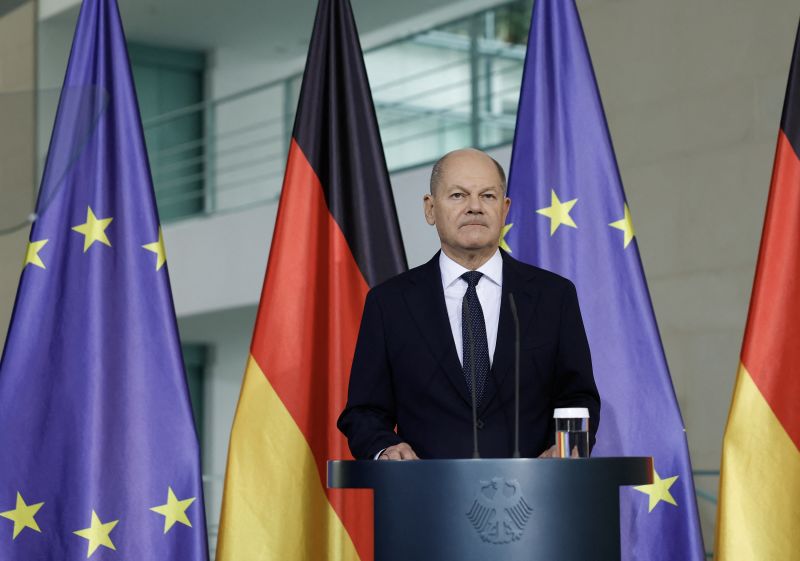As Ukraine asserts its place on the global map, traditional alliances are tested and new ones emerge. The most significant of these is with the United States, whose changing administration and volatile diplomacy puts the relationship with Ukraine under the spotlight. The Trump-led diplomacy, in particular, is stirring disarray among Ukraine’s allies that could have long-lasting effects on its political, social, and economic stability.
The alliance between Ukraine and the United States has historically been underpinned by shared democratic values, a commitment to international law, and the promotion of Europe’s stability and security. However, Trump’s presidency and approach to foreign relations have proved polarizing at times and has sparked confusion not only in Ukraine but globally.
During his administration, President Trump faced impeachment allegations related to Ukraine, further complicating the diplomatic relations. Accused of withholding military aid in exchange for an investigation into Joe Biden’s son, Hunter Biden’s activities in Ukraine, his actions undermined the trust between the two nations and introduced the idea of transactional diplomatic relationships on a controversial level. Although Ukraine’s ally, the U.S., has continued to provide both lethal and non-lethal aid, the transactional nature of Trump’s diplomacy has increased wariness and hesitation among Ukraine’s other allies.
Furthermore, the Trump-led diplomacy recently pushed NATO to the forefront of global conversations. With its criticisms and demands for increased financial contributions from allies, the Trump administration sent shockwaves through international partnerships, calling into question the strength and validity of these alliances. Ukraine, as a non-member partner country of NATO, got caught in the crossfire of these convolutions. Although the country has been striving to gain complete membership, the instability within NATO sparked by the Trump administration introduced uncertainties into this process.
The Trump-led diplomacy has put Ukraine’s relationship with Europe under strain as well. Europe, a substantial ally for Ukraine, has been wrestling with Trump’s unpredictable policies affecting transatlantic alliances. Given Ukraine’s ongoing conflict in its eastern provinces and the role of the European Union in sanctioning Russia for its annexation of Crimea, any disruption to these alliances could potentially have dire consequences for Ukraine’s security.
Interestingly, while Trump’s diplomacy has caused disarray among Ukraine’s traditional allies, it has opened the door for less conventional partnerships. Countries such as China and the Middle East that have had fraught relations with the Trump administration may present alternative alliances to Ukraine. While these partnerships could offer an avenue to diversify foreign relations, they also introduce a new set of challenges and complexities for Ukraine.
Despite the turmoil Trump-led diplomacy has injected into Ukraine’s network of alliances, it is important to note that these alliances are not solely dependent on one country or administration. As we move forward, it is essential to watch the shifts in political landscape and diplomacy, and how it plays into Ukraine’s aspirations and systemic stability. These interactions are crucial to understanding the ongoing dynamics of global politics and international relations as we enter this uncharted chapter in diplomacy.




